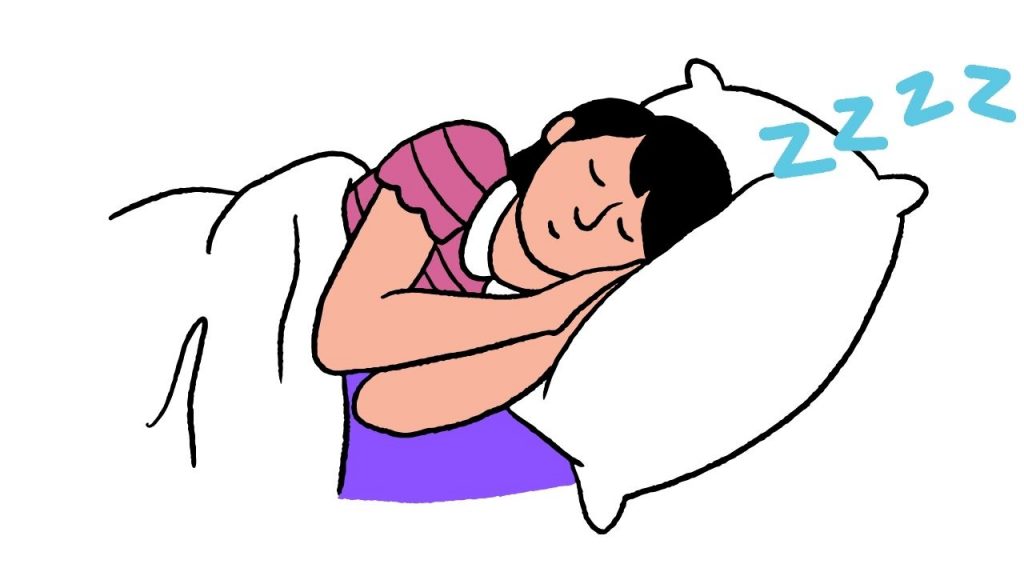9. Not getting enough sleep

Not getting enough sleep is a common mistake that people make when starting a new diet. Adequate sleep is important for overall health and can have a significant impact on weight management.
Lack of sleep has been linked to an increased risk of obesity and weight gain. When you don’t get enough sleep, your body produces more ghrelin, a hormone that stimulates appetite, and less leptin, a hormone that suppresses appetite. This can lead to an increase in appetite and cravings for unhealthy, high-calorie foods.
In addition, lack of sleep can lead to fatigue and decreased physical activity, which can further contribute to weight gain. On the other hand, getting enough sleep can help to boost energy levels and improve physical performance, making it easier to stick to an exercise routine.
Adequate sleep is also important for brain function and can help to improve concentration, decision-making, and overall cognitive performance. This can be especially important when following a new diet and making healthy food choices.
Several strategies can help to improve sleep quality and quantity, including establishing a regular sleep schedule, creating a relaxing bedtime routine, and avoiding screens and other sources of blue light before bed.
In summary, not getting enough sleep is a mistake that people often make when starting a new diet. Adequate sleep is important for overall health and can have a significant impact on weight management. Lack of sleep has been linked to an increased risk of obesity and weight gain and can also lead to decreased physical activity and impaired cognitive function. Be sure to prioritize sleep and adopt strategies to improve sleep quality and quantity to support your diet and overall health.
10. Not managing stress

Not managing stress is a common mistake that people make when starting a new diet. Stress can have a major impact on eating habits and weight management. When you are stressed, you may be more likely to turn to unhealthy, high-calorie foods as a source of comfort, or to skip meals altogether. Stress can also lead to decreased physical activity and changes in metabolism, which can further contribute to weight gain.
On the other hand, managing stress can help to improve eating habits and support weight management efforts. Several strategies can help to manage stress, including :
- Exercise: Physical activity can help to reduce stress and improve mood.
- Relaxation techniques: Practices such as deep breathing, meditation, and yoga can help to relax the mind and body.
- Time management: Prioritizing tasks and setting realistic goals can help to reduce stress.
- Social support: Connecting with friends and family or joining a support group can provide emotional support and reduce feelings of isolation.
- Counseling: Working with a mental health professional can help to identify and address the sources of stress.
It’s important to find healthy ways to manage stress and incorporate them into your daily routine. This may involve making time for relaxation and self-care, seeking support from others, or seeking professional help when needed.
In summary, not managing stress is a mistake that people often make when starting a new diet meal plan. Stress can have a major impact on eating habits and weight management and can lead to unhealthy food choices, decreased physical activity, and changes in metabolism. Managing stress can help to improve eating habits and support weight management efforts. Be sure to incorporate stress management strategies into your daily routine to support your diet and overall health.